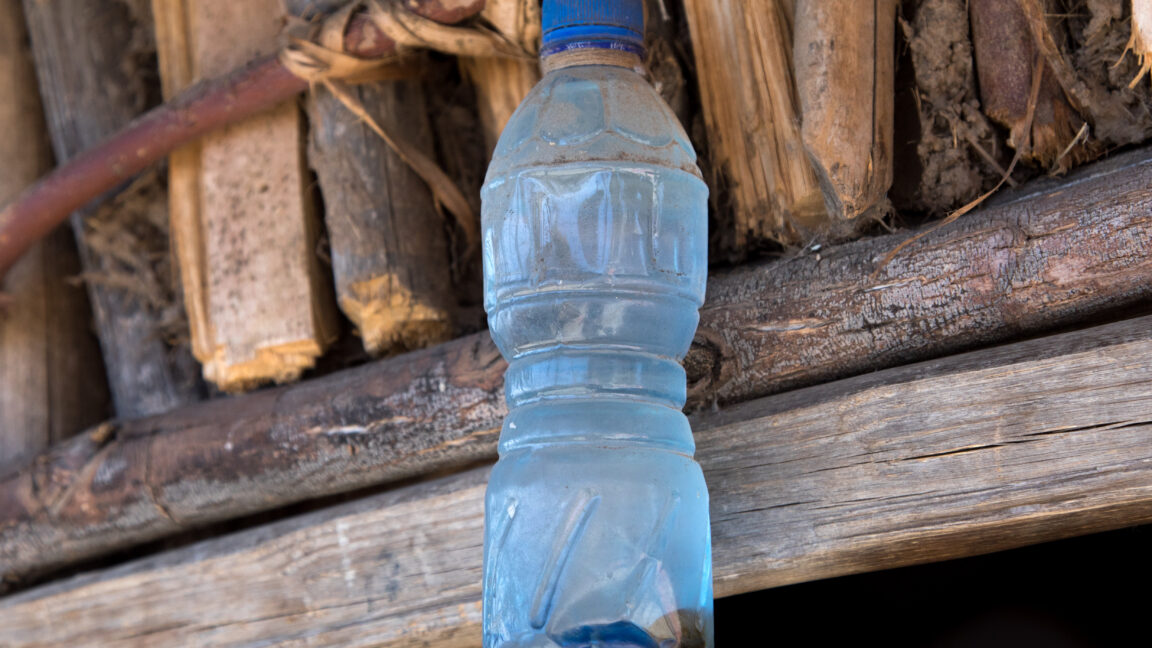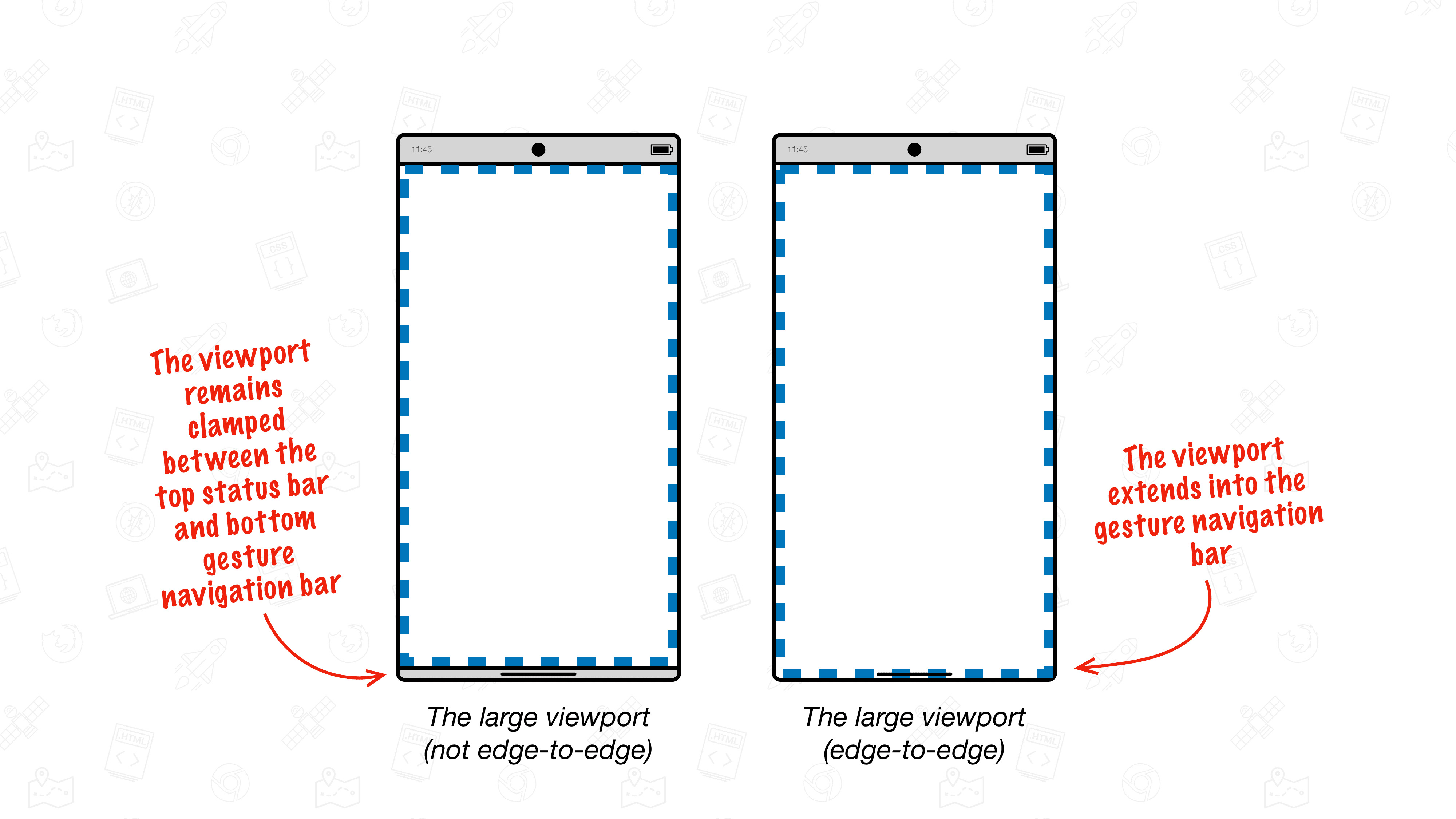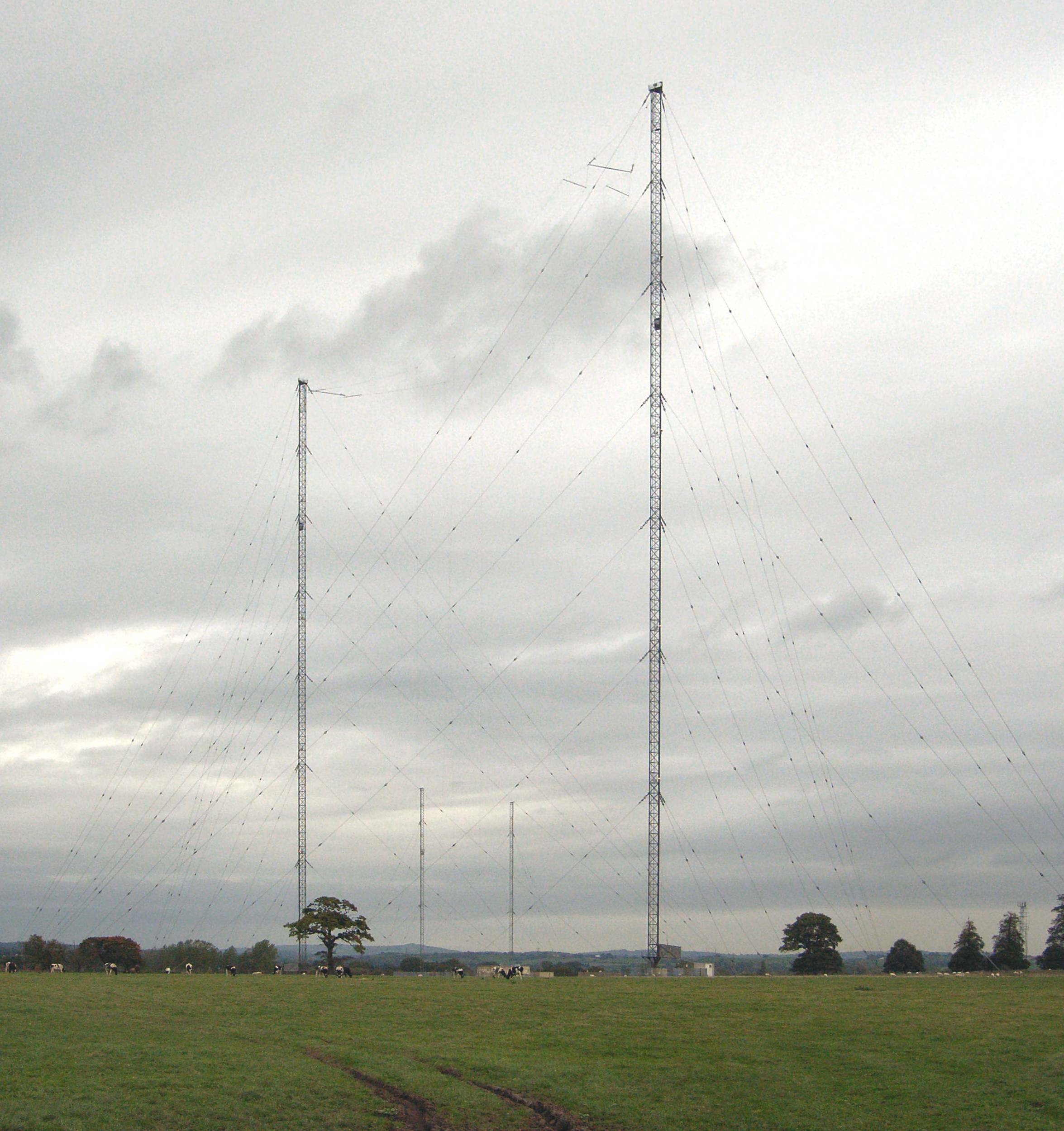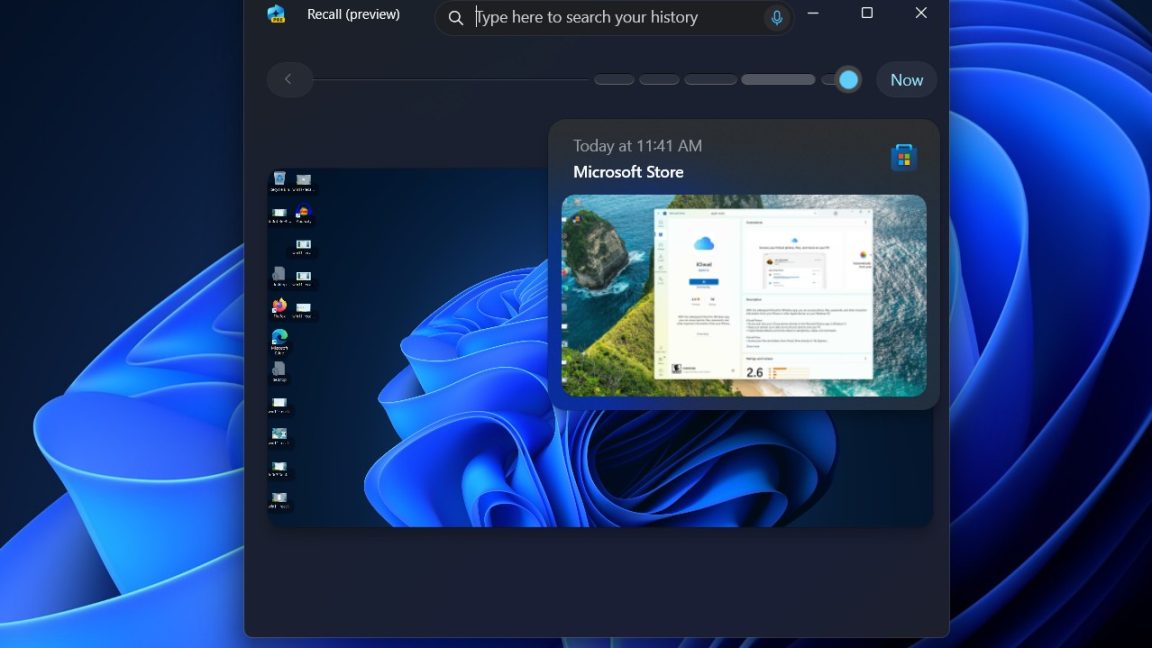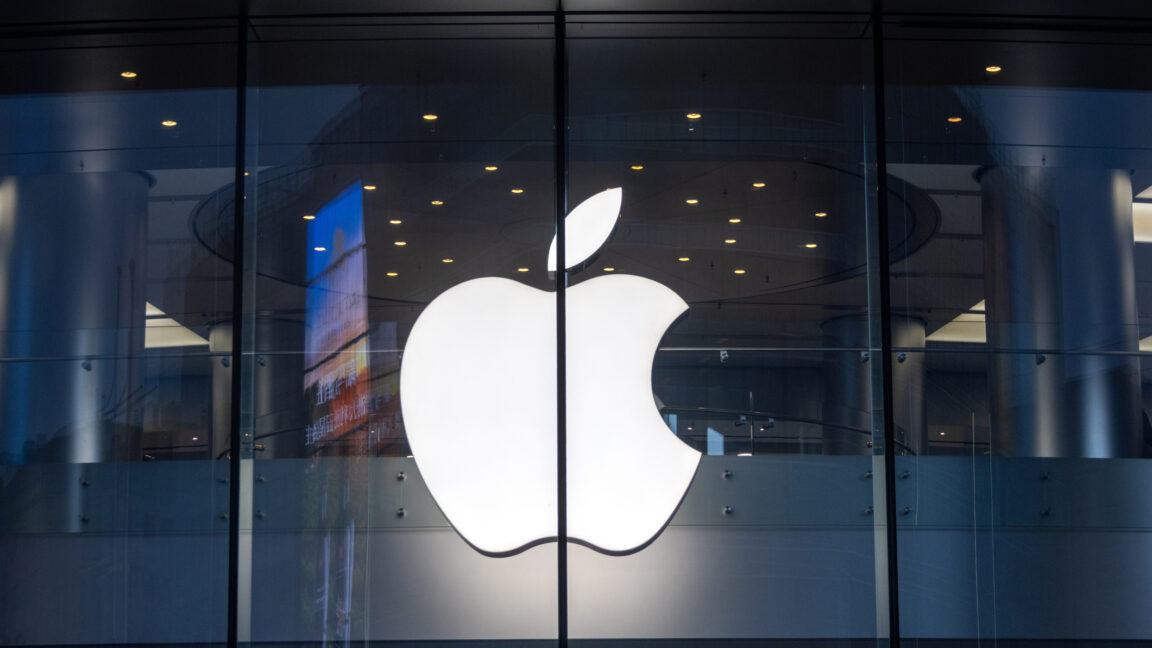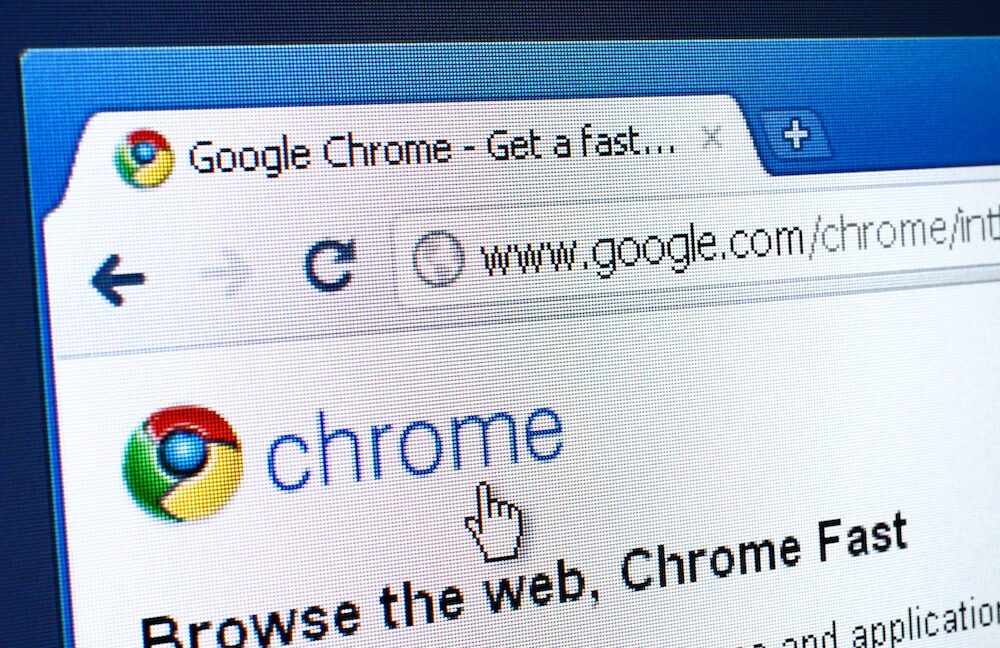
During Trump's last term, Cook raised a successful "charm offensive" that secured tariff exemptions without caving to Trump's demand to build iPhones in the US, CNBC reported, and he's likely betting that Apple's recent $500 billion commitment will lead to similar outcomes, even if Apple never delivers a US-made iPhone.Back in 2017, Trump announced that Apple partner Foxconn would be building three "big beautiful plants" in the US and claimed that they would be Apple plants, CNBC reported.
But the pandemic disrupted construction, and most of those plans were abandoned, with one facility only briefly serving to make face masks, not Apple products.
In 2019, Apple committed to building a Texas factory that Trump toured.
While Trump insisted that a US-made iPhone was on the horizon due to Apple moving some business into the US, that factory only committed to assembling the MacBook Pro, CNBC noted.Morgan Stanley analyst Erik Woodring suggested that Apple may "commit to some small-volume production in the US (HomePod? AirTags?)" to secure an exemption in 2025, rather than committing to building iPhones, CNBC reported.Although this perhaps sounds like a tried-and-true game plan, for Cook, Apple's logistics have likely never been so complicated.
However, analysts told Fortune that experienced logistics masterminds understand that flexibility is the priority, and Cook has already shown that he can anticipate Trump's moves by stockpiling iPhones and redirecting US-bound iPhones through its factory in India.While Trump negotiates with China, Apple hopes that an estimated 35 million iPhones it makes annually in India can "cover a large portion of its needs in the US," Bloomberg reported.
These moves, analysts said, prove that Cook may be the man for the job when it comes to steering Apple through the trade war chaos.But to keep up with global demandselling more than 220 million iPhones annuallyApple will struggle to quickly distance itself from China, where there's abundant talent to scale production that Apple says just doesn't exist in the US.
For example, CNBC noted that Foxconn hired 50,000 additional workers last fall at its largest China plant just to build enough iPhones to meet demand during the latest September launches.As Apple remains dependent on China, Cook will likely need to remain at the table, seeking friendlier terms on both sides to ensure its business isn't upended for years."One can imagine, if there is some sort of grand bargain between US and China coming in the next year or two," Friedman said, "Tim Cook might as soon as anybody play an intermediary role."

 19
19









